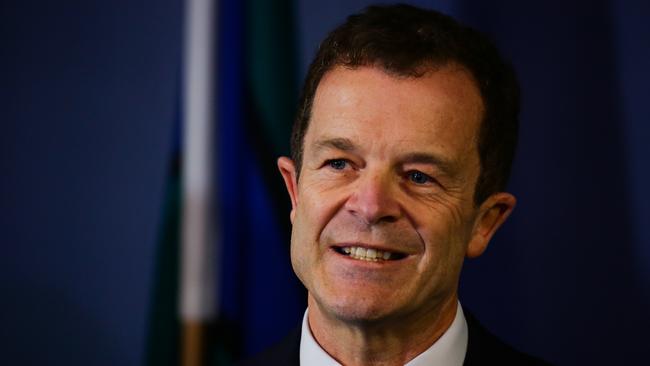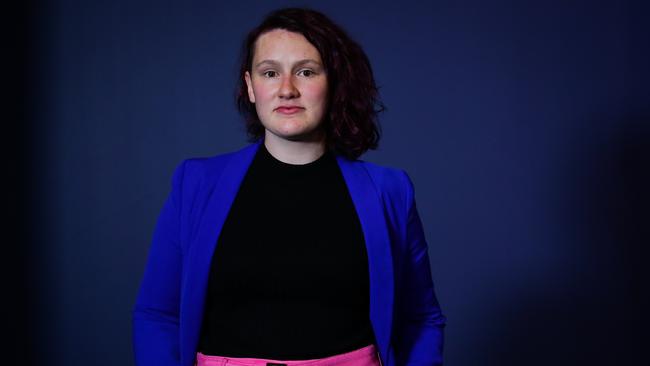What new NSW sex consent laws mean for you
The rules of sexual consent in NSW have been rewritten under bold new changes introduced today. Find out what it means for you.
NSW
Don't miss out on the headlines from NSW. Followed categories will be added to My News.
The rules of sexual consent in NSW have been rewritten with Attorney-General Mark Speakman today implementing historical reform in a bid to protect survivors and better educate the community.
The key reforms stipulate that a person does not consent to sexual activity unless they said or did something to communicate that consent.
The new laws also mean that an accused person’s belief in consent will not be reasonable in the circumstances unless they said or did something to ascertain consent.
“This means we will have an affirmative model of consent, which will address issues that have arisen in sexual offence trials about whether an accused’s belief that consent existed was actually reasonable,” Mr Speakman said.
“No one should assume someone is saying ‘yes’ just because they don’t say ‘no’ or don’t resist physically.
“Steps should be taken to make sure all parties are consenting.”

Minister for Women Bronnie Taylor said while anyone can be a victim of sexual violence, statistics show women and girls were far more likely to be a victim.
“Today marks a turning point for our state,” Ms Taylor said.
“We have a chance to address the systemic issue of sexual violence and improve access to justice for all victim-survivors across NSW.”
Here’s everything you need to know:
When do you have to ask for consent?
When neither party has communicated through words or action that they give consent, it has to be sought.
How can you ask for consent?
Take a reasonable step through words or actions to determine consent.
For example Party A asking Party B: “Would you like to make love?”
What shows consent under the new laws?
An affirmative action such as nodding or gesturing with your hands.

What does not show consent?
A lack of protest or physical reaction toward another person does not show consent.
One party freezing and saying and doing nothing, does not show consent.
Being intoxicated does not show consent.
What can the jury be told not to consider when looking at consent?
Judges can direct jurors to ignore common myths about sexual assault survivors.
The five jury directives are to clarify that:
1. Sexual assault can occur in many different situations, including between
acquaintances or people who are married or in a relationship
2. Sexual offences aren’t always accompanied by violence, threats or physical injuries.
3. There is no normal or typical response to being sexually assaulted and juries
must not rely on preconceived ideas about how people respond to a sexual
assault.
4. Trauma may affect people differently, meaning some people may show signs
of emotional distress when giving evidence and some may not.
5. It can’t be assumed that the way a person is dressed, or the fact that they
have consumed alcohol or drugs, indicates their consent.





